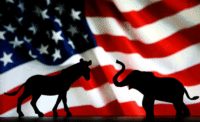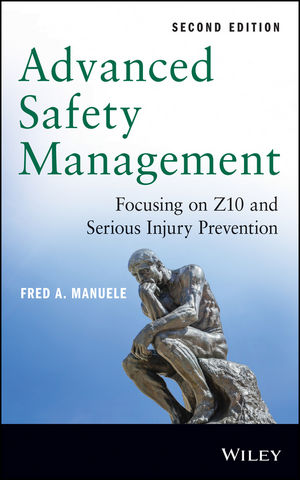 In a rare show of approval for the Obama administration, the U.S. Chamber of Commerce says it's pleased with the president's recently issued executive order on international regulatory cooperation. The watchdog group Public Citizen, however, calls the order a "smokescreen" meant to appease big business.
In a rare show of approval for the Obama administration, the U.S. Chamber of Commerce says it's pleased with the president's recently issued executive order on international regulatory cooperation. The watchdog group Public Citizen, however, calls the order a "smokescreen" meant to appease big business.
Citing the need for American businesses to be competitive in a global economy, where regulatory approaches taken by foreign governments may differ from those taken by U.S. regulatory agencies, the order calls for nternational regulatory cooperation to reduce, eliminate, or prevent unnecessary differences in regulatory requirements.
“Today’s executive order marks a paradigm shift for U.S. regulators by directing them to take the international implications of their work into account in a consistent and comprehensive way," said Sean Heather, vice president of the U.S. Chamber's Center for Global Regulatory Cooperation.
“Fulfilling primary regulatory objectives such as health and safety is more complicated than ever due to the interconnected nature of the global economy," commented Heather. "The result is that international cooperation is clearly in the interest of regulators and is now assuming a central role in framing good domestic regulatory policy."
Amit Narang of Public Citizen’s Congress Watch Division said the order indicates that "the administration once again has decided that appeasing big business is more important than vigorously defending the importance of public protections to our country. The public and small businesses believe, as demonstrated in pollafter poll, that strong regulatory standards are essential and can be achieved while growing our economy. The administration should stop catering to big business and should move quickly to finalize the numerous workplace safety, food safety, consumer product safety and environmental protections that have been under review at the Office of Management and Budget for months, and in some cases, years."
Public Citizen's Lori Wallach called the order a "smokescreen" for deregulation. "Deregulators have been trying for years to use the claim of maximizing trade flows as a reason to gut sensible public interest regulations and impose lowest common denominator standards internationally on food safety, environmental protection and financial regulation."
Heather disagrees.
“Some U.S. regulators have been moving in this direction in recent years, but not systematically and not always in a well coordinated fashion that supports our international economic policy objectives. This executive order provides a much needed political emphasis and sharpens the administration's focus on international regulatory cooperation in APEC, the Trans-Pacific Partnership, and in bilateral regulatory dialogues with key trading partners such as Canada, Mexico, and the European Union," he said.



